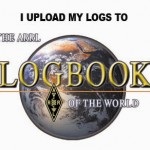 Logbook of The World – LoTW – is an exciting way for Radio Amateurs to confirm two-way contacts they have made and use the confirmations as credit toward various awards.
Logbook of The World – LoTW – is an exciting way for Radio Amateurs to confirm two-way contacts they have made and use the confirmations as credit toward various awards.
Because Logbook of The World uses double blind comparison, users cannot see what other users have uploaded unless there is a matched QSO. All files uploaded to LoTW are electronically signed by verified users. Logbook of The World maintains the integrity of the QSO verification process that has long been the hallmark of ARRL awards.
How does it work?
Logbook of The World is a very powerful system capable of collecting and matching QSO data from users all over the world. When properly configured, LoTW can accommodate a variety of operating situations, such as DXpeditions, previously held call signs and QSL managers.
By using digitally signed certificates with QSO date ranges and station locations for geographic information, Logbook of The World is able to accommodate clubs, QSL managers, Dxpeditions, mobile and rover operators just as easily as it handles the individual user with one call sign and one location.
Does this replace paper QSL-cards?
No, LoTW does not replace paper QSL cards. But it’s an easy way to confirm QSO’s fast. Besides that, LoTW can also be used to request DXCC or WAS-certificates. Many software applications like Ham Radio Deluxe have LoTW support. Besides that: It’s fast. You don’t have to wait months (up to 1,5 year!) for a QSL card via the bureau but new DXCC’s are visible within hours after both OM’s uploaded their logs.
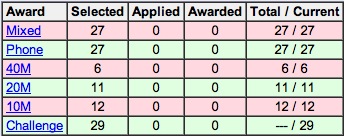 Is it really free?
Is it really free?
Yes, LoTW itself is free. It will only cost you 2 copies (license and passport) and a stamp to send a letter to the ARRL headquarters in the United States. Requests to subscribe to LoTW can only done by postal mail to verify yourself. The time between sending my letter and receiving the login credentials was only one week.
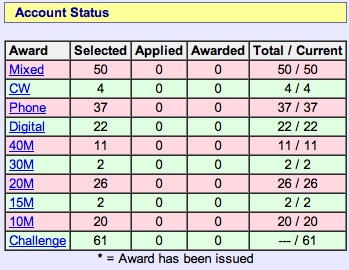

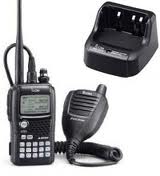 Today I’ve bought a second hand Icom IC-92D handheld tranceiver to discover the D-Star protocol. The local hamshop, RYS, had a trade. This set is very complete, with Icom software, bag, GPS speakermike, interface cable with the original boxes supplied. Good to see the previous owner was carefully and neatly with his equipment!
Today I’ve bought a second hand Icom IC-92D handheld tranceiver to discover the D-Star protocol. The local hamshop, RYS, had a trade. This set is very complete, with Icom software, bag, GPS speakermike, interface cable with the original boxes supplied. Good to see the previous owner was carefully and neatly with his equipment!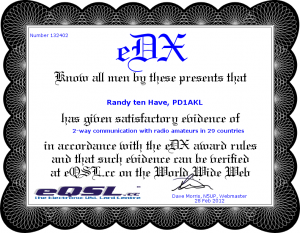

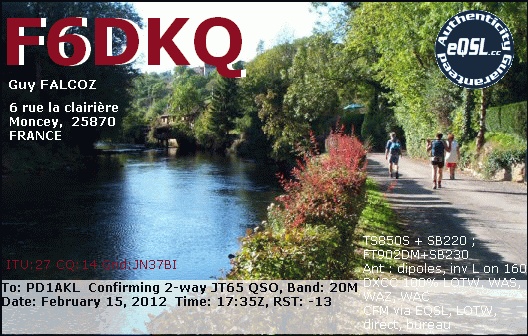
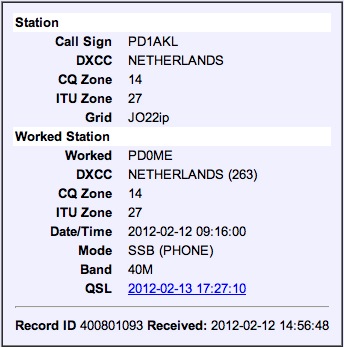
 Logbook of The World – LoTW – is an exciting way for Radio Amateurs to confirm two-way contacts they have made and use the confirmations as credit toward various awards.
Logbook of The World – LoTW – is an exciting way for Radio Amateurs to confirm two-way contacts they have made and use the confirmations as credit toward various awards. Is it really free?
Is it really free?